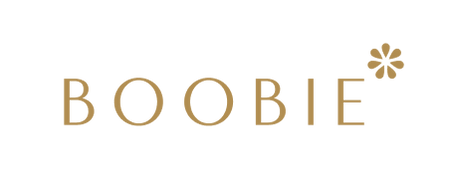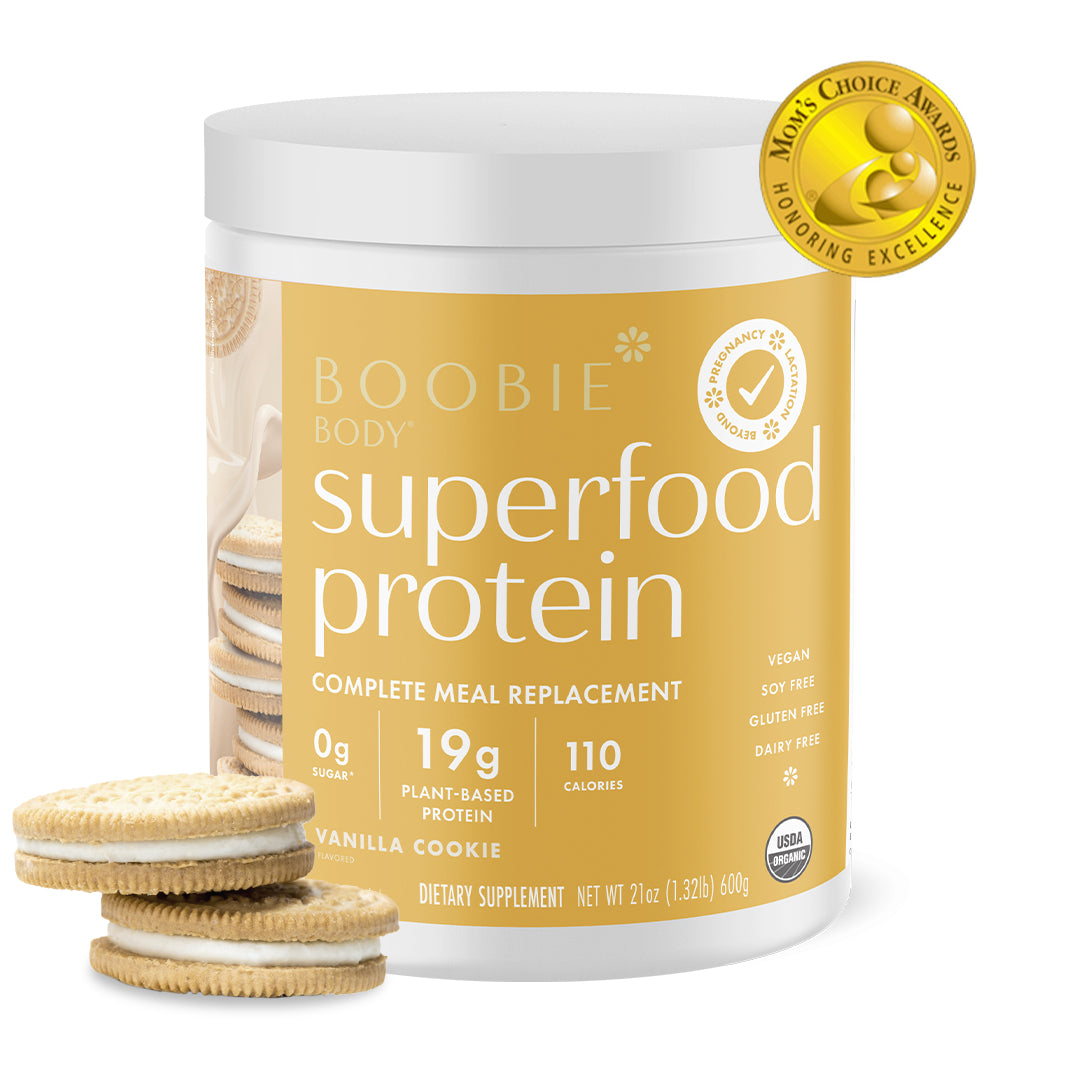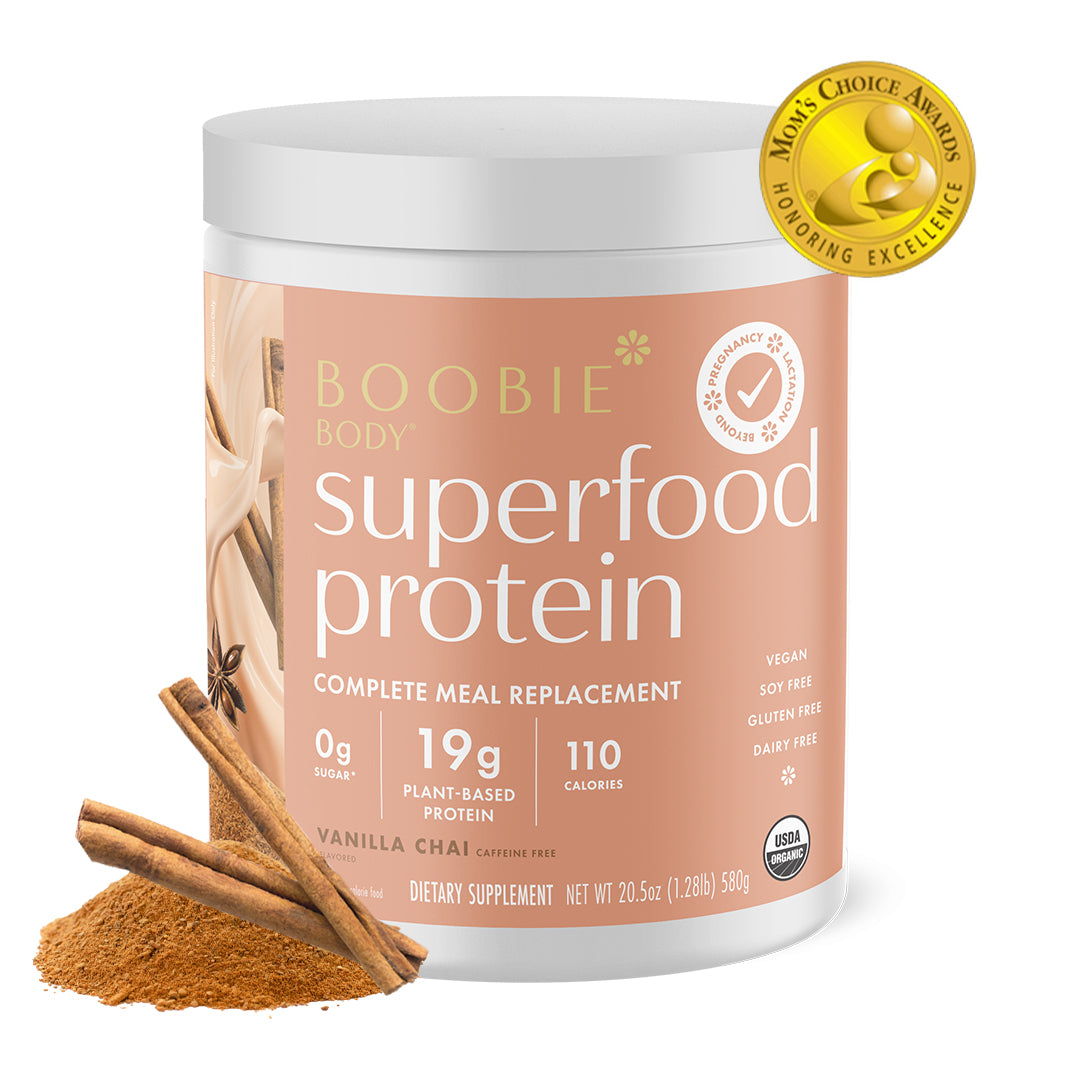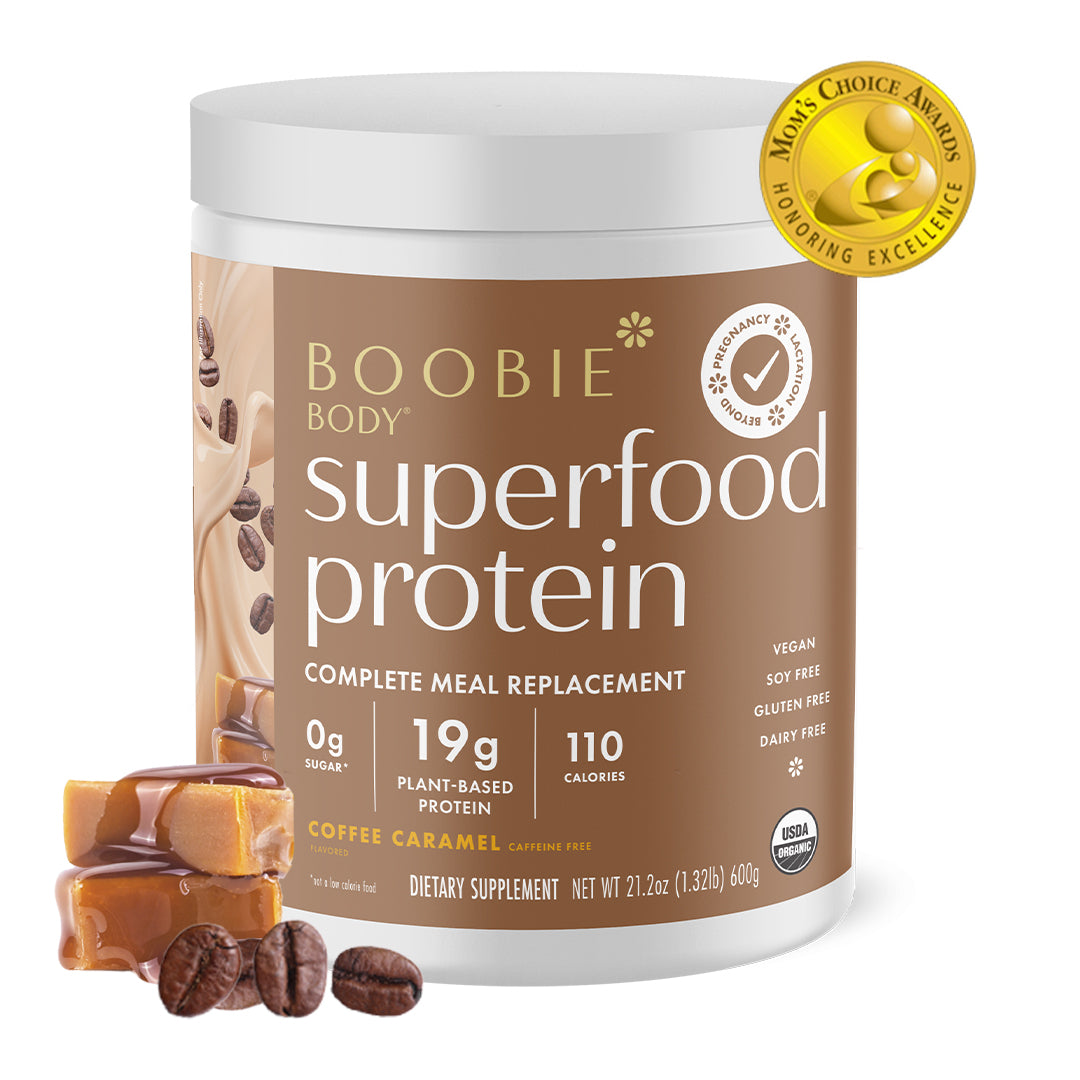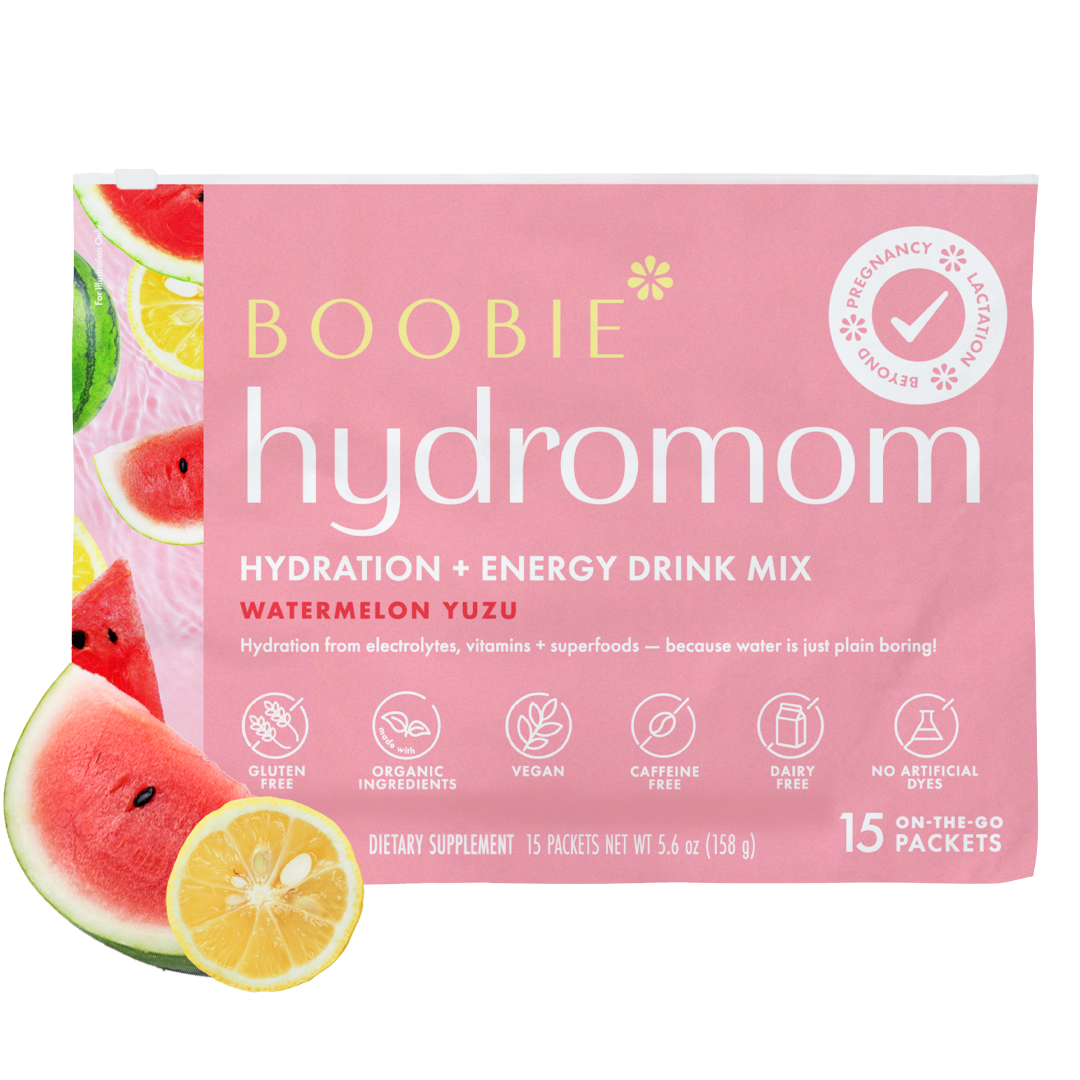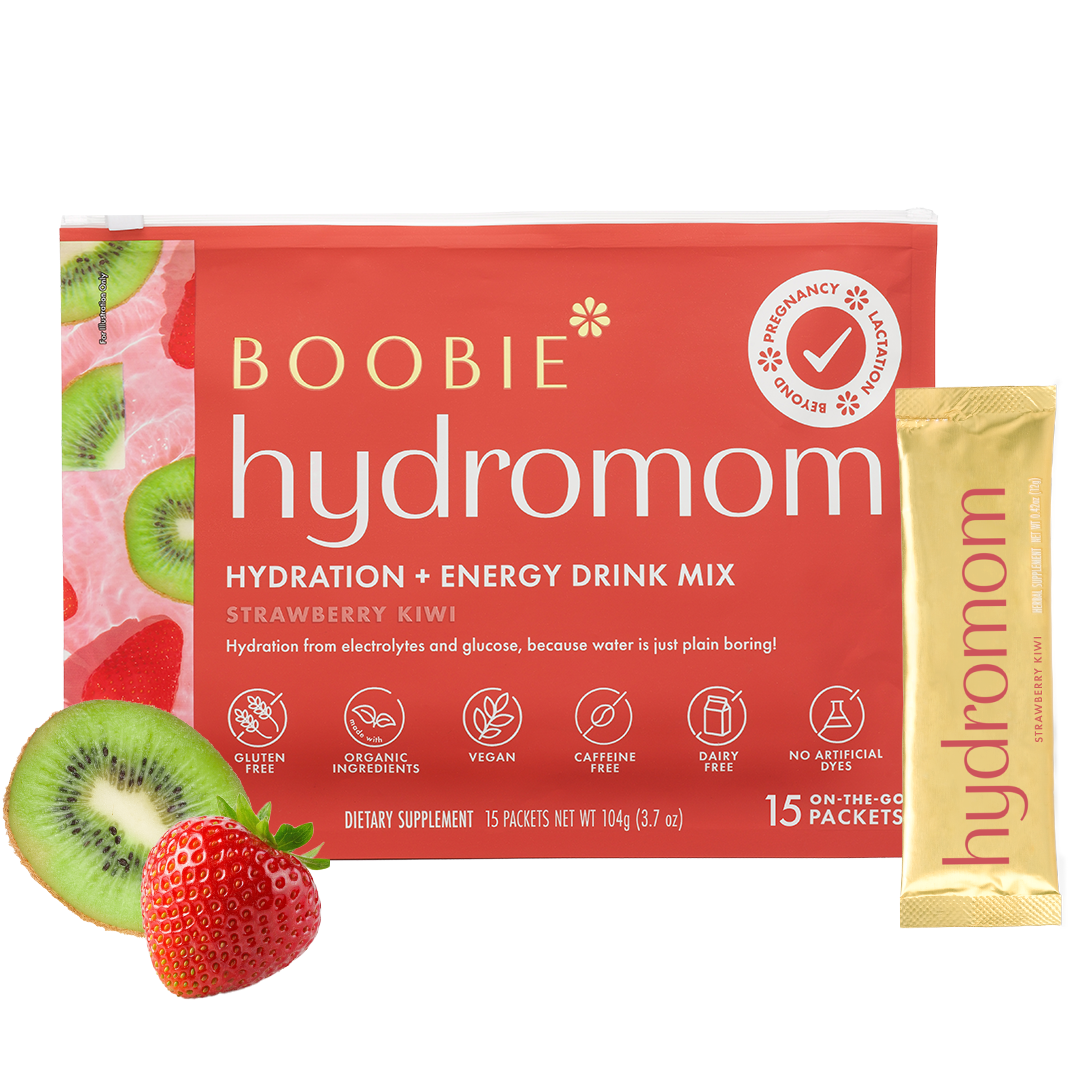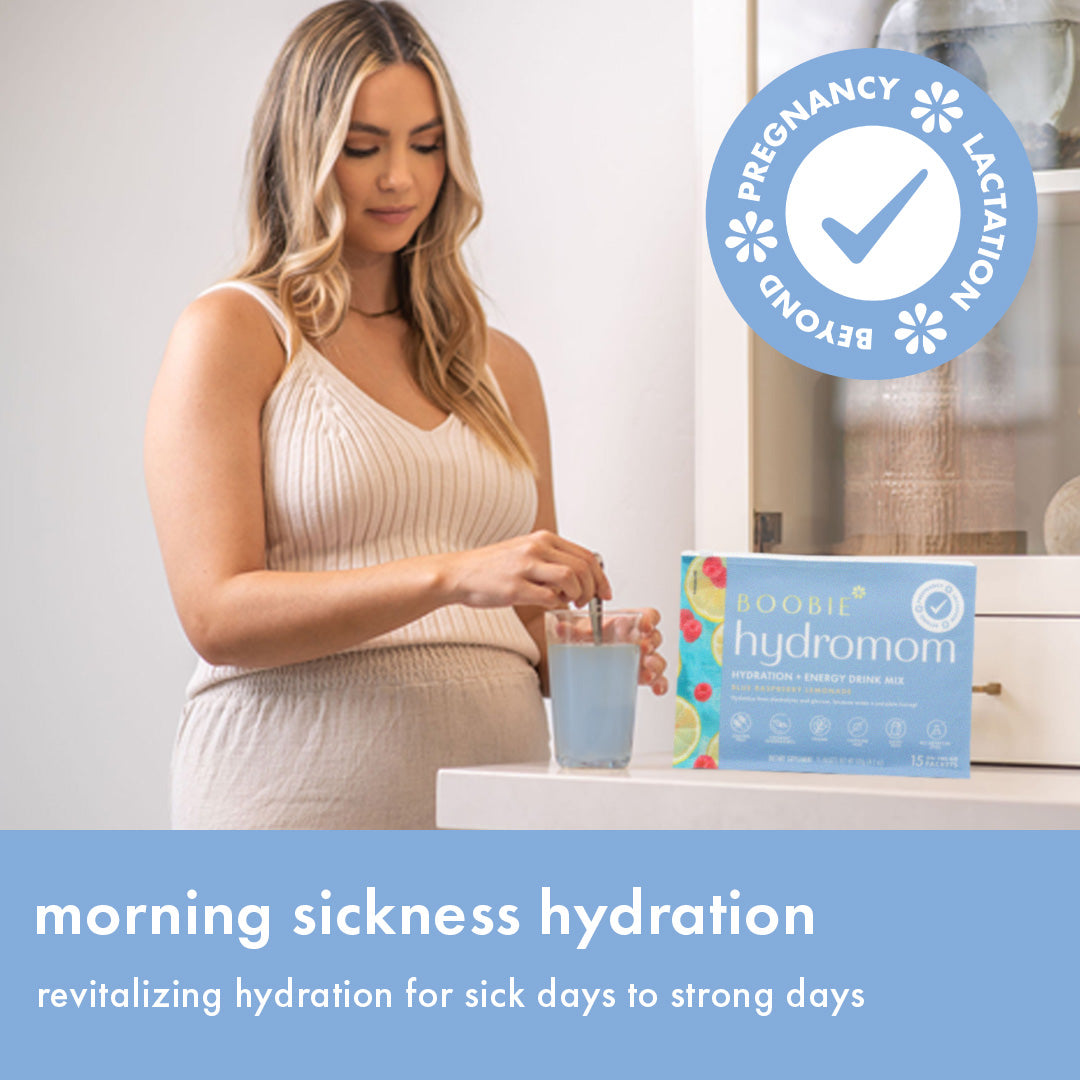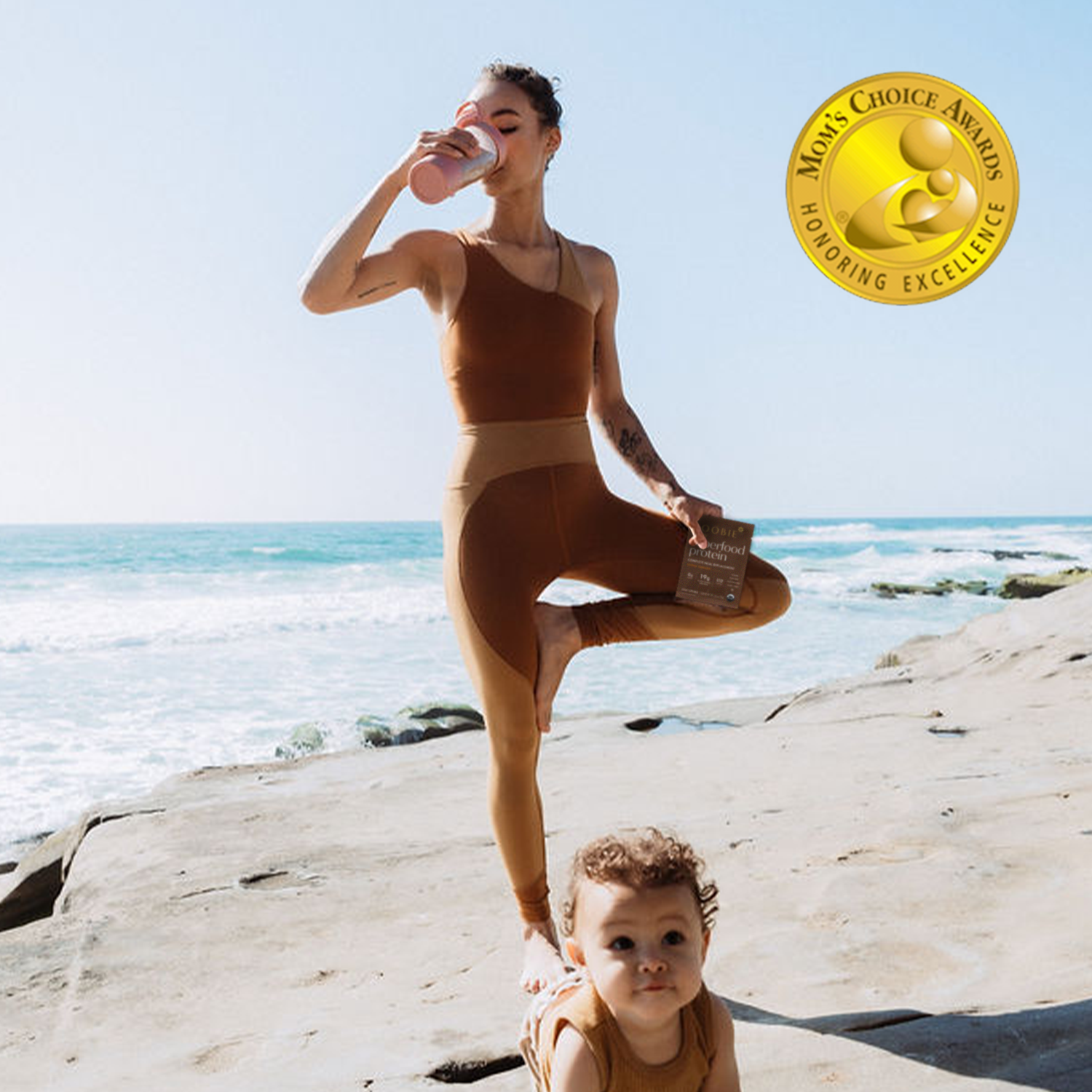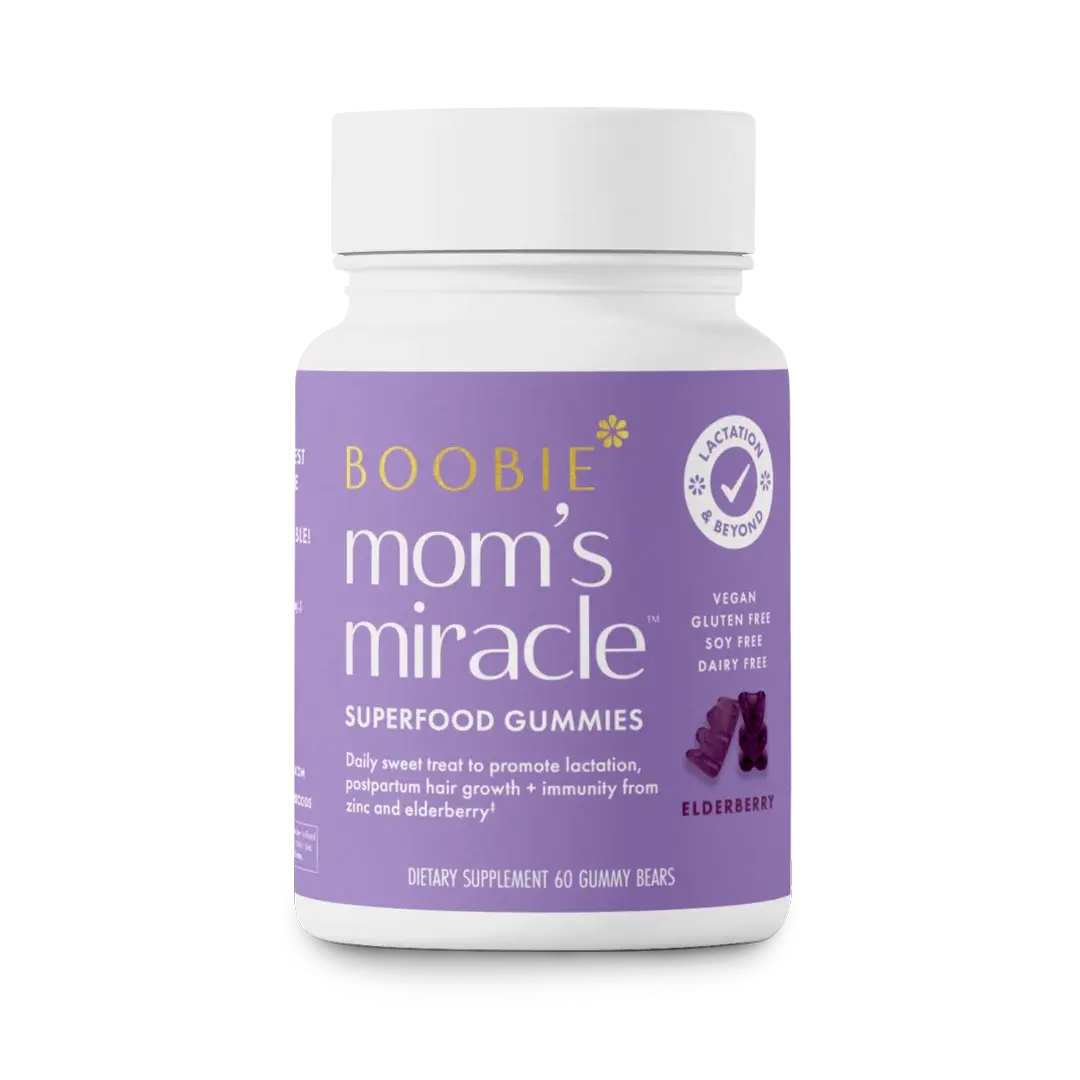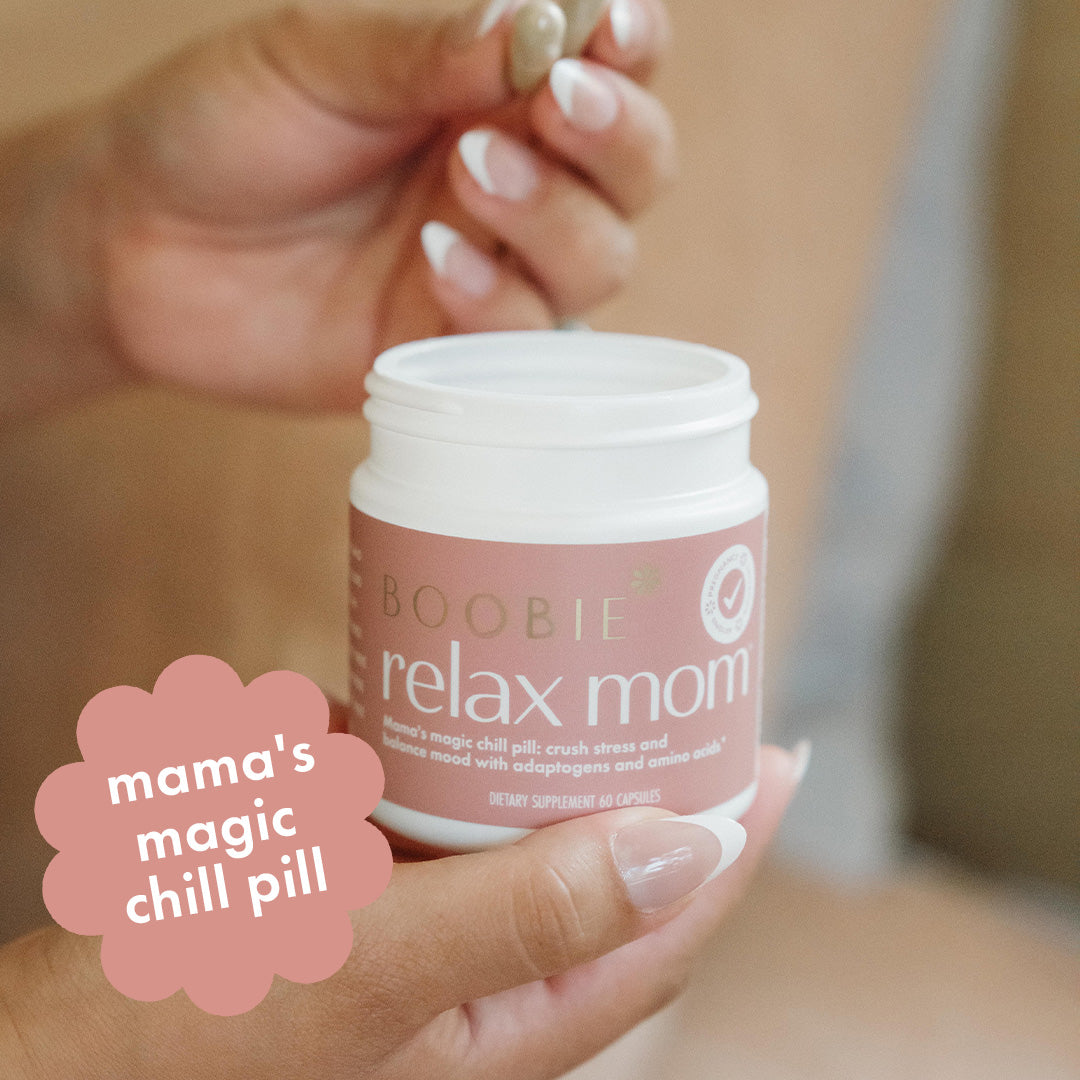By Wendy Colson RN, IBCLC, RLC
Breastfeeding in and of itself can be demanding, but breastfeeding when you are sick can be even more challenging. Your mind may begin to conjure up all kinds of worse-case scenarios triggering a myriad of questions. Is it ok to continue breastfeeding when I’m sick? Am I going to pass along the virus to my baby? How to tell if my milk supply is drying up? Do I need to stay away from my baby? When is the best time to pump to increase milk supply if I’m sick? Let’s cover some of the common concerns below:
Should I Continue to Breastfeed While Sick?
It’s almost bound to happen that you will come down with a cold, sore throat, the flu, or food poisoning at some point in your breastfeeding relationship with your baby. It is very, very rare for a mom to need to stop breastfeeding for any illness.1 While all of these relatively simple bugs are contagious, you will not pass the virus through to your baby by way of your breastmilk. As long as you have the energy and feel up to breastfeeding while ill, you should continue to breastfeed. It is absolutely best for the baby to continue receiving your milk since it is rich in antioxidants, nutrients and virus-fighting antibodies. In fact, breastmilk is your baby’s best defense against contracting the virus. Also, remember by the time you feel symptoms you were already exposed to the pathogen 2-14 days before in the incubation period and therefore so was your baby. In fact, stopping breastfeeding or withholding breast milk during illness could potentially increase your baby’s risk of getting sick (since they are not getting the protection of receiving your breastmilk!) and deprives him/her of both nutrition and comfort.
How Can I Continue to Breastfeed While I am Sick?
It certainly can be hard to muster the energy it takes to continue eating healthy and feeding your baby when you are feeling unwell, so modify the schedule and/or environment to make things easy on yourself. Cuddle the baby next to your body in your bed by using the side-lying position and let him/her nurse while you also are lying down. If you have expressed milk on reserve in the refrigerator or freezer, nurse for a shorter time and allow another family member or friend to top off the baby with a bottle. If the illness is fully kicking your butt, it’s ok to pump in lieu of nursing, occasionally or exclusively, and letting somebody else feed the baby a bottle to allow you to rest. Just be mindful of ensuring that you are draining your breast frequently enough (whether it be via feeding your baby or pumping) to ensure you can support your supply. Remember, emptying the breast makes more milk.
Bottom line, if you have come down with any “ordinary” virus or illness, continue breastfeeding as normal and contact your IBCLC or physician for safe recommendations of medications to ease your symptoms that are compatible with breastfeeding and are safe for your milk supply (cold medications and antihistamines can decrease milk supply). Should you become ill with something more serious requiring hospitalization, continue to pump to maintain your milk supply while separated from the baby in the hospital saving your pumped milk and send it home with your visitors for them to use for bottle feedings in your absence. Be sure to request an IBCLC from your hospital’s lactation department if it’s not an automatic referral like at the hospital I worked for here in San Diego. As a lactation nurse we often worked on other units besides NICU, pediatrics, and postpartum. We would get referred to every unit including Emergency Departments, ICUs, and surgical floors to assist lactating moms. In my nursing/lactation career, I even held the flanges and pumped the breasts of an unconscious patient in the ICU. When a lactating mom is admitted to the hospital, our role as IBCLC is to protect the milk supply and prevent mastitis/abscess from forming if ignored. We deliver hospital-grade breast pumps to your bedside, set them up and teach mom how to use them, make a bedside ice bath to store any pump milk, and consult with the team of physicians and surgeons on compatibility of mostly pain meds and IV antibiotics. It is extremely rare a mom should ever have to pump and dump while admitted since 99% of medications including contrast from radiology are compatible.
Will My Milk Supply Decrease When I’m Sick?
While the virus itself will not decrease your milk supply, the symptoms related to the illness can impact your supply since it can often lead to less breastfeeding overall. It’s extremely important to be sure to drink plenty of hydrating fluids like Hydromom, which has a combination of organic coconut water, sodium, electrolytes, and glucose with symptoms such as vomiting or diarrhea, fatigue or lack of appetite as the risk for dehydration increases which can impact milk supply.
How Can I Speed Up My Recovery?
For everyday illnesses such as a cold, sore throat, the flu, and food poisoning, rest and taking good care of yourself are the priority. General principles that can support recovery include eating nutrient-dense food and adding supplements packed with immune-supporting superfoods, drinking plenty of fluids, and getting adequate rest. Comfort measures such as humidifiers can provide a cool mist and keep moisture in the air. Since 80% of your immune system is in your gut, add a daily dose of prebiotics and probiotics or drink Boobie Body Superfood which includes these. Another great addition to your postpartum recovery routine is a postpartum protein powder, which helps replenish protein stores and supports overall health, boosting energy levels and milk supply during breastfeeding. Of course, be in touch with your primary care providers as needed to monitor your symptoms.
How Do I Prevent Getting My Baby Sick?
Breastfeed, breastfeed, breastfeed and use standard hygiene protocols while continuing to breastfeed or pump milk (if you're an exclusive pumper) when sick can prevent passing the illness along to your baby. Be sure to:
- Wash hands frequently.
- Always ensure you cover your mouth and nose when coughing or sneezing.
- Disinfect surfaces regularly.
Can I Take Medication While I am Sick and Breastfeeding?
While 99% of prescription and over-the-counter medications are safe, they are not always safe for your milk supply. Since medical schools skim over human lactation and all the facets, your physician will likely know much about which medications are compatible with breastfeeding and protect your milk supply. Consult your local IBCLC or call your hospital’s lactation department to guide you and send evidence-based information to your doctor.
You can take over-the-counter medications to treat your symptoms. Most of the over the counter cold and flu medications are safe to take and will not harm your baby. Acetaminophen (Tylenol), ibuprofen (Motrin), Antihistamines (Benadryl), Decongestants (Sudafed) that do NOT contain pseudoephedrine, and most antibiotics are safe. If needed, they can help find a compatible medication if necessary.
Try any or all of these natural ways to give your immune system a boost to recover faster or prevent and fight colds and other viruses.
The BEST Over-the-Counter Medications and Herbal Supplements for Breastfeeding Mothers:
- Vitamin D3: This is hands-down my favorite vitamin! I believe it so much I became a certified Vitamin D practitioner in public health. Greater than 50% of the population is deficient and yet it’s not even included in routine prenatal labs. Not correcting a low Vitamin D level pregnant has been associated with less preterm births, gestational diabetes, and hypertension(preeclampsia). In the general population, a deficiency is linked to higher illness, depression, diabetes, obesity, osteoporosis, and cancer. Optimal levels are 40-60 ng/ml for the general population and a vitamin D serum level of 60 ng/ml or greater for breast cancer survivors like myself. Don’t rely on your prenatal vitamin to provide enough protection, they fall short with only 400IUs. That’s why I included 1,000 IU of vegan Vitamin D3 in our Superfood Protein Powder. Studies have shown breastfeeding mothers who take 6,400IUs per day will actually pass down the recommended 400IU to your baby through your breastmilk.
-
Omega-3 fatty acids: Helps your immune system and produces anti-inflammatory compounds that “turn off” the inflammatory response.2 This is also a great supplement for mothers since reduced brain DHA content in studies show increased vulnerability to postpartum depression
-
Vitamin C, Zinc, and Elderberry: These are great to include when you feel a cold or sore throat coming on and continue daily to help promote your immune system when feeling runs down as a busy mama. Our BOOBIE* Bears are a great way to get your Zinc and Elderberry
General Tips to Stay Healthy While Breastfeeding
- Choose superfoods, not junk for your meals and snacks in accordance with your hunger and make sure you stay hydrated if you are vomiting or have diarrhea, drink to thirst to meet your fluid needs
- Get plenty of rest when you can!
- Engage in gentle movement (think light stretching, walking, etc) to support your physical health and mood
Ultimately if your breast milk supply does decrease while you are sick, you can support boosting your supply by increasing the number of times you are draining your breast through breastfeeding or pumping (learn more about increasing milk supply through pumping), add some superfood galactagogues (natural milk-boosters) to your daily regimen to get back to your pre-illness norms, and be sure to have plenty of skin to skin contact and bonding. Most importantly, take care of you mama and ask for help with the baby from family members with changing diapers, bathing, playtime, bedtime routines, and most importantly the house cleaning so you can rest.
Sources:
- Lawrence Rm & Lawrence Ra. Given the Benefits of Breastfeeding, what contradictions exist? Pediatric Clinics of North America 2001. February 48(1) 235-51
- https://www.grassrootshealth.net/blog/improving-omega-3-fatty-acid-levels-improve-infant-immunity/
- https://www.ncbi.nlm.nih.gov/pmc/articles/PMC2989696/
